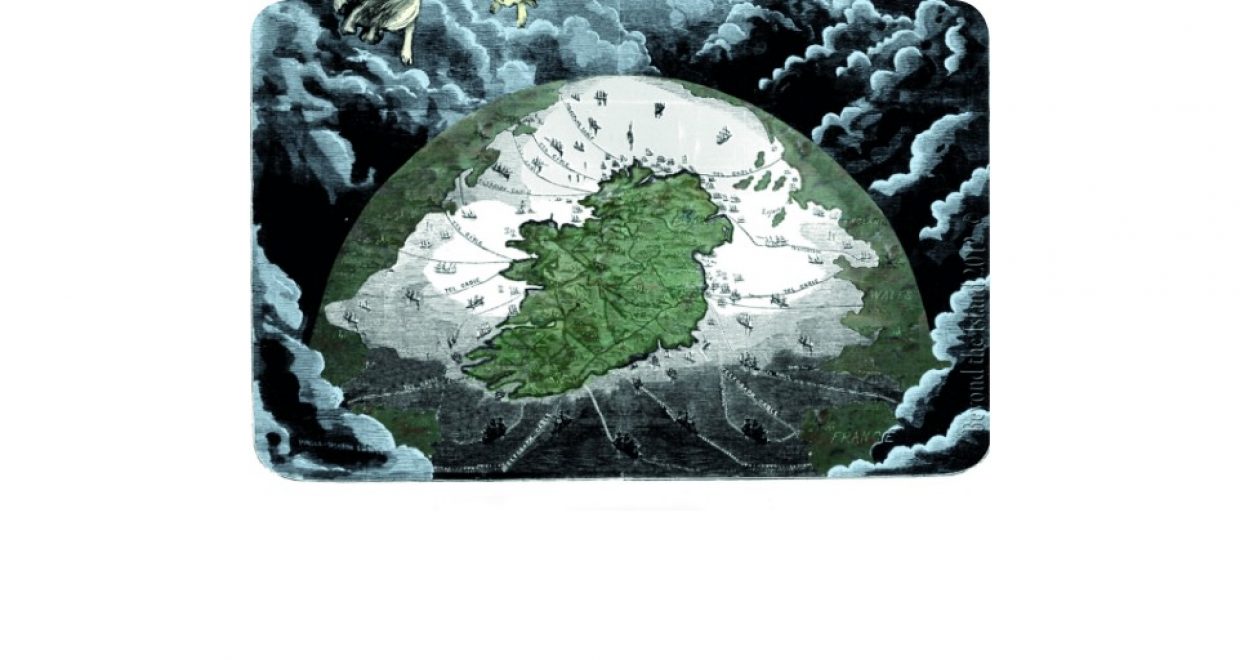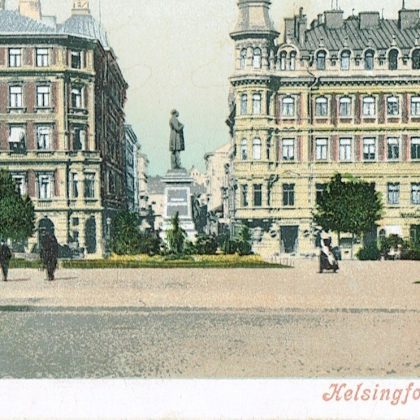Writing comparative and transnational histories in twenty-first century Ireland
This blog accompanies the new special issue of Irish Historical Studies, Ireland and Finland, 1860–1930: Comparative and Transnational Histories.
Just over twenty years ago, the central debate among Irish historians could be presented as one between two competing strands of conservatism. One strand offered a critical approach to the ‘national story’ to ensure that myth and sentimental nationalism did not distort our understanding of the past nor, in its sharper forms, give succour to those who might harness that story for more radical ends. The other, admittedly less popular, strand called for the embrace of the ‘national story’ for largely the same ends – to own it so that it could be more fully and empathetically understood and not be left in the hands of those driving violent conflict on the island. At the time, the idea that the ‘national story’ might itself be best situated within a broader comparative and transnational frame was certainly present and practiced but, ultimately, was peripheral to the debate. Indeed, the suggested solution at the time to the central dilemmas facing Irish historians was a call for greater ‘humility’ as the ‘appropriate moral attitude for the historian to assume’.
It is doubtful whether ‘humility’ has become the hallmark of the Irish historical profession over the intervening twenty years or so. And, indeed, greater ‘humility’ may not be the best prescription to salve the perplexing dilemmas facing Irish historians. Rather a certain ambition and preparedness to stray beyond the confines of both conventional methodologies and a narrow national framework offer, it is suggested, a more enlivening response to the dilemmas facing the historian. Such an approach may not resolve those dilemmas, but it might make them less intractable and expose them to a wider frame of reference. A certain sense of ambition of this kind, allied to a weariness around the pieties of past debates, and a willingness to pick up the important, if neglected, strands of past historical studies has been the hallmark of at least some of the more important recent historical research in Ireland. This collection is but a small step further in that direction. In exploring the comparison with Finland, it builds on important past comparisons with other European countries such as Scotland and France and offers a sustained and critical approach to the further comparative study of Irish history. In particular, it explores how Ireland responded, in comparison with another peripheral European country, to the shared experience of transnational phenomena such as nationalism, popular politics, conflicts over land and resources, rural poverty and co-operation, and urban development. Ultimately, it aims to bring to light the complexity of forces and phenomena which transcend but also shape life within real and imagined boundaries and borders and, in doing so, to break with some of the more hidebound approaches of the past.
Articles in the special issue are freely available until 1st January 2018.
Dr Richard Mc Mahon is Assistant Professor in Modern History at Trinity College, Dublin.
Dr Andrew G. Newby is Associate Professor at the Aarhus Institute of Advanced Studies, Aarhus University, Denmark and previously University of Helsinki, Finland.
Main image credit Anders Trærup








